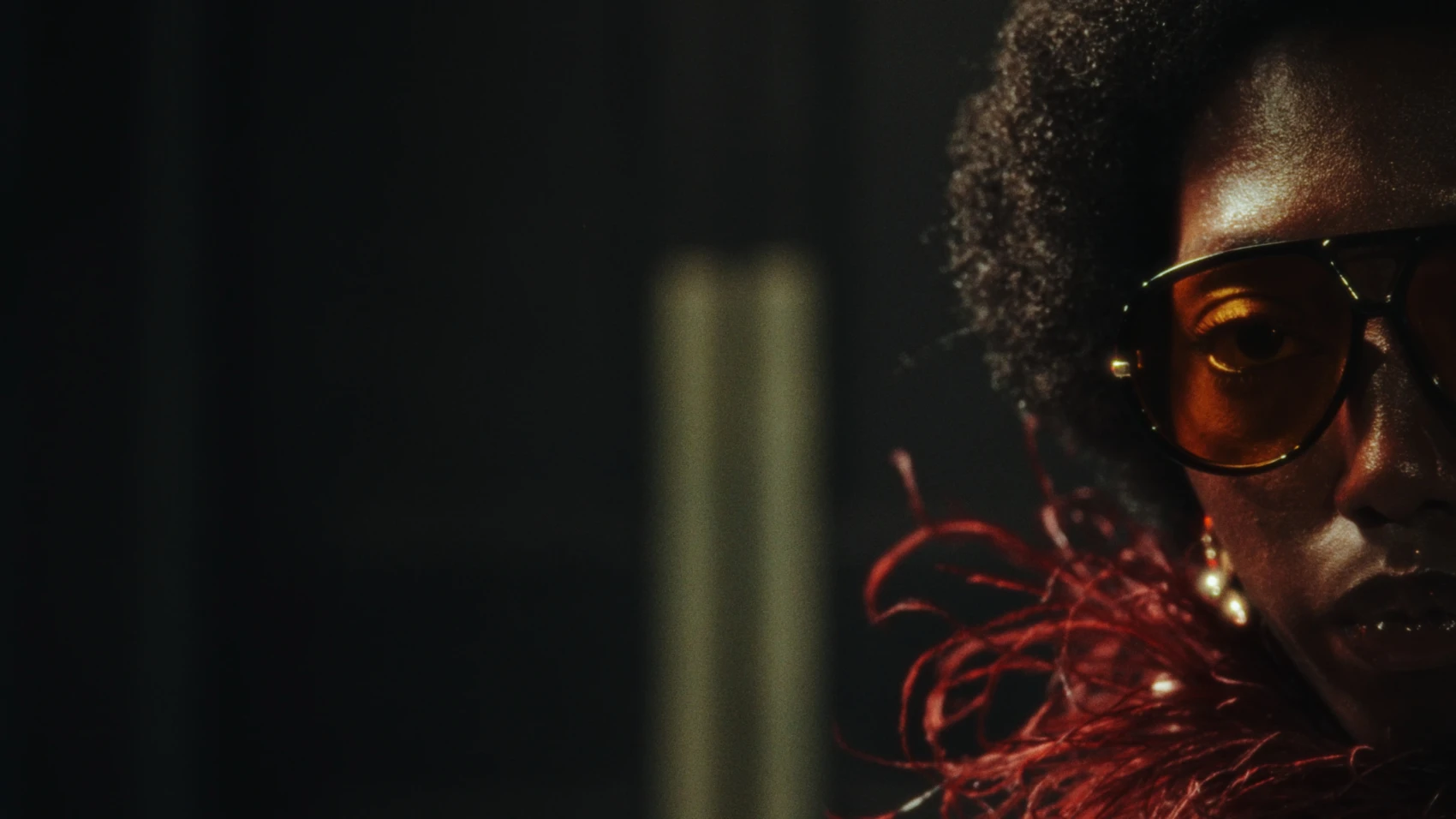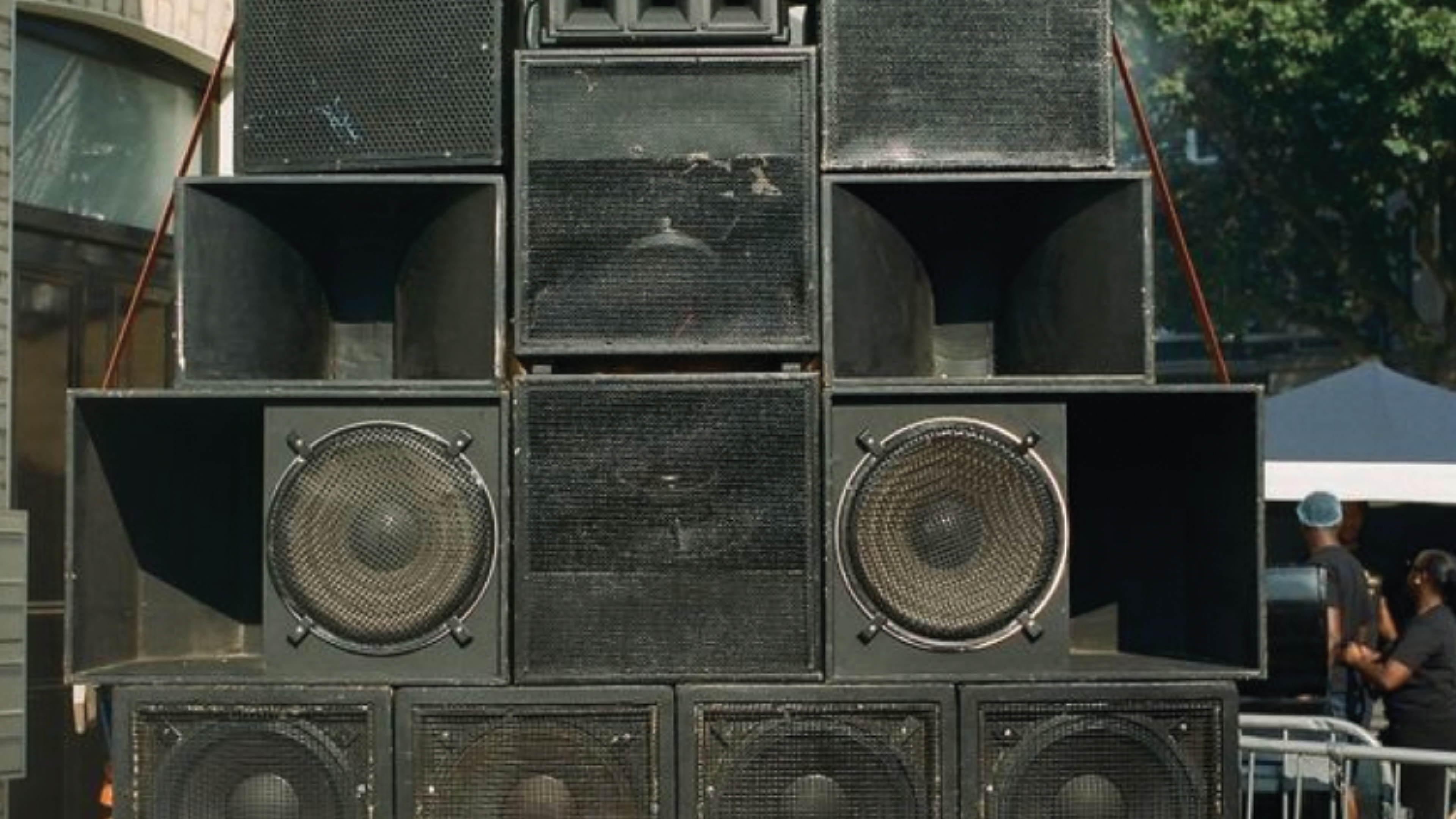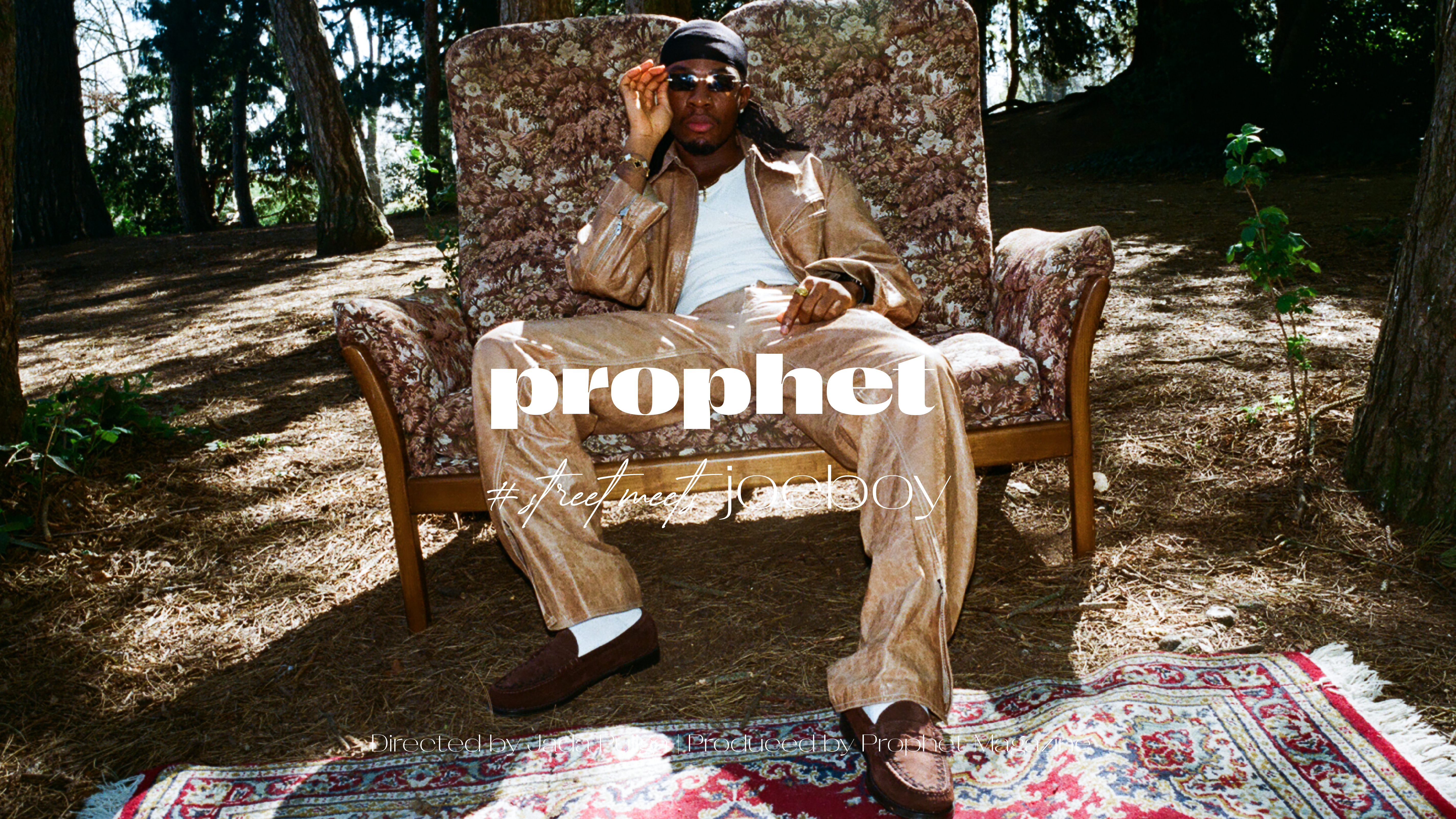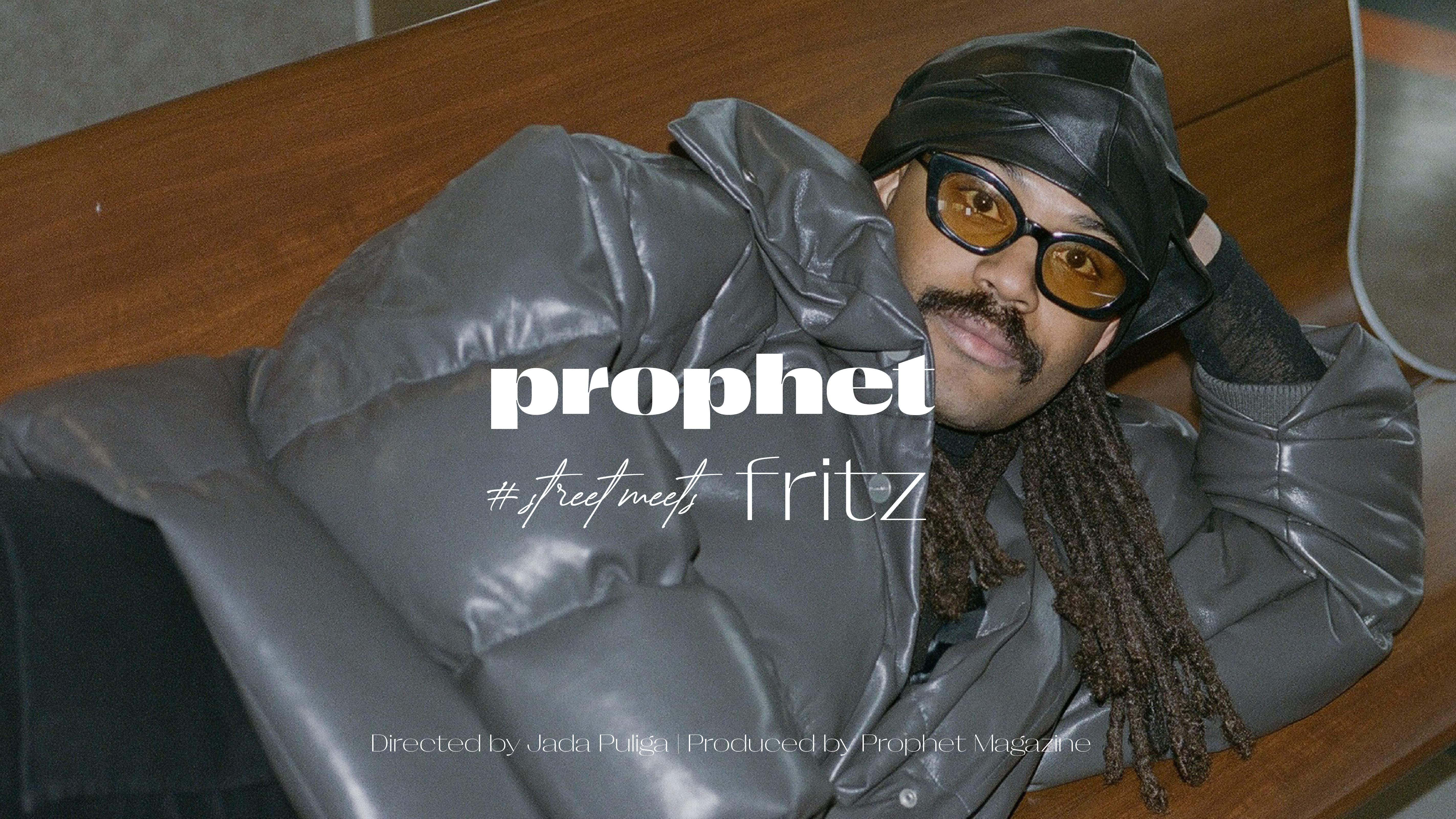How Introverts Can Thrive In The Music Industry?
She sits in the corner of a café, stirring her tea long after the sugar has dissolved. Around her, the world hums- voices blending with soft jazz, the rhythmic tapping of a shoe against the floor. She isn’t here to talk. She rarely is. Instead, she listens- the way the barista hesitates before calling a name, the weight of unspoken words in the spaces between. It’s how she moves through the world- not by taking up space, but by absorbing, processing, understanding. And in a way, that’s exactly how she approaches music.
The music industry often revolves around networking, self-promotion, and constant engagement- the kind of things that come naturally to extroverts. For introverted creatives, this can feel overwhelming. We’re not the ones who command attention the moment we step into a room or thrive on endless social interaction. But that doesn’t mean we don’t have something equally valuable to offer. Some of the greatest musicians, producers, and songwriters weren’t the loudest in the room- they were the ones who listened the deepest. Because at its core, music isn’t just about being seen. It’s about understanding.
There’s a common misconception that introversion means shyness or social anxiety. In reality, it’s about how we recharge- and that comes at a cost. Large events, packed networking rooms, or full-day studio sessions can be exhausting, not because we dislike people, but because too much external stimulation drains us. That’s why you’ll often find us stepping outside for a breather or taking a quiet moment in the corner. It’s not disengagement- it’s self-preservation.
At the same time, introverts have a unique ability to pick up on subtleties, unspoken emotions, and the underlying tone of a room. This deep awareness makes for strong, meaningful connections, but it also demands balance. Being constantly ‘on’ can lead to burnout, creative fatigue, and losing touch with our own thoughts. Solitude isn’t avoidance; it’s how we stay connected to ourselves.
Striking this balance is key- navigating the industry doesn’t mean forcing yourself into draining environments, but rather adapting your approach to suit your strengths. Instead of exhausting social interactions, the focus should be on networking and visibility in a way that feels natural. Social media allows for meaningful engagement at your own pace, while direct messaging offers a low-pressure way to start conversations without the intensity of face-to-face interactions. At industry events, setting small, realistic goals- such as having two or three meaningful conversations- can be far more effective than trying to meet as many people as possible.
Equally important is knowing when to step back, recharge, and protect your energy. Thriving in the music industry as an introvert isn’t about changing who you are- it’s about working with your strengths rather than against them. By working with your natural strengths rather than against them, you can build a sustainable and fulfilling career in music. Here are some practical ways to navigate the industry while staying true to yourself:
Building Connections on Your Own Terms
Leverage social media – LinkedIn, Instagram, and Twitter allow you to showcase your work and engage with others without the pressure of in-person networking.
Use direct messaging – Starting conversations through messages or emails.
Engage thoughtfully – Sharing meaningful insights, comments, or work can help you stay visible in
a way that feels authentic.
Making Networking Events Work for You
Set small, achievable goals – aim for:
Take breaks when needed – Step outside, recharge, and return when you feel ready.
Having 2–3 meaningful conversations.
Swapping contact details with someone whose work you admire. Attending a panel and asking a thoughtful question.
Follow up later – Send a message or email afterward to continue the conversation. Protecting Your Energy and Avoiding Burnout
Prioritise recharge time – Schedule alone time to reset.
Find quiet activities that restore you – Reading, meditation, long walks, or simply listening to
music without distractions can help you regain balance.
Set boundaries – Protect your time and creative energy- you do not have to say yes to everything.
Embracing the Strengths of Being an Introvert
Deep listening makes you a better artist and collaborator – Noticing details that others miss is a superpower.
Thoughtful communication leads to stronger connections – Instead of small talk, you bring depth to conversations.
Authenticity stands out – You don’t have to be the loudest in the room to make an impact- your presence and work speak for themselves.
By leaning into these strengths, introverts can carve out a path in the music industry that feels both sustainable and authentic. Success doesn’t come from forcing yourself into a mould that doesn’t fit- it comes from understanding how you work best and shaping your career around that.
Susan Cain’s Quiet: The Power of Introverts in a World That Can’t Stop Talking explores this idea beautifully, showing how society often favours loud, outgoing personalities while overlooking the quiet strengths of introverts. She argues that success isn’t about being the most talkative person in the room but about embracing deep thinking, creativity, and focus. One of her key ideas is that there’s no direct link between being the loudest and having the best ideas. In the music industry, this is especially relevant - great work doesn’t require constant visibility, just authenticity.
Some of the greatest minds in music were never the loudest in the room. David Bowie, known for his fearless reinvention, was deeply introspective in his creative process. Enya built a legendary career while completely avoiding live performances. Trent Reznor (Nine Inch Nails) turned his intensity inward, creating music that reshaped alternative rock. Other legendary introverts include Freddie Mercury, who was shy and reserved offstage despite his electrifying performances, and Jimi Hendrix, who often struggled with interviews but spoke volumes through his guitar. Björk, with her deeply personal and experimental music, has always embraced solitude as part of her creative process. Even Taylor Swift, despite her massive public presence, has shared how she thrives in quiet spaces, channeling emotions into songwriting rather than social dominance.Success for introverts isn’t about volume- it’s about depth, proving that the quietest voices often create the most powerful echoes.
Written by Beata Borawska







